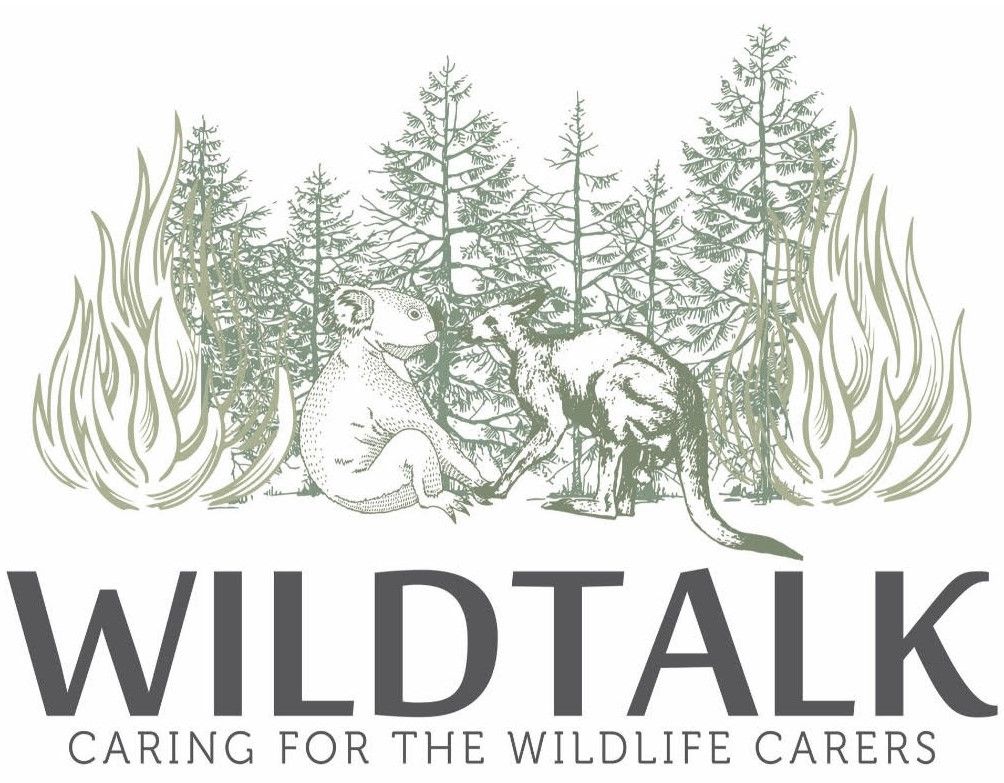This is a common story in so many workplaces and in volunteer organisations. In fact interpersonal issue represent nearly 50% of all calls to WildTalk.
Imagine one of your team members is being disruptive. Perhaps they are upsetting others within the team or members of the public (mop). Before long, people may start to give you feedback about the behaviour issues they are observing or experiencing. So, what do you do next?
Ignoring behaviour issues is never a good strategy as they can spiral out of control rapidly and impact the moral of the organisation. Your team will likely expect you to address the issue to show the team you take it seriously. However, is it all their fault? Or were there others involved? Were they reacting to other bad behaviour that was happening? Behaviour issues can be tricky and there is often no simple solution.

Behavioural issues can take many different forms. Bullying, aggressive behaviour and harassment are some of the nastier, overt behaviours. Others are more subtle, such as demonstrating passive-aggressive behaviour, spreading rumours or gossip, withholding information or excluding people from activities. Behaviour issues can also include actions or behaviour that stops your team from working effectively or causes adverse impacts to others in the team. Ultimately it impact how effective your organisation may be at its mission.
These negative behaviours be hard to tackle with volunteer organisations. It can be difficult to see them for yourself if you are not on the receiving end, or if you happen to be engaging in the bad behaviour.
Personal circumstances can also trigger behaviour issues. Someone who is cool, calm and collected may have an angry outburst at work when they are also going through a stressful divorce at home, or a death. They may have experienced a traumatic event or loss. In wildlife work and volunteering, it’s possible they have experienced a lot of trauma or loss and they have not allowed themselves to grieve. This can lead to reduced resilience and short tempers and anger.
There are many factors that can cause behaviour issues but solving them can be even trickier. The presence of strong workplace relationships and politics can hamper your efforts to improve the situation.
Behaviour issues may also be subjective. There’s often a fine line between work direction and harassment in the work place. There’s often direction that is required for roles in all organisations. There’s usually laws, government regulations and licensing that are required to keep operating. To make sure these things happen, work direction needs to be given and done as instructed. Often when communicated poorly this can be seen as bad behaviour. The different opinions of the people involved can complicate these situations. This is one of the reasons that policy, procedures, and job descriptions are useful even in volunteer organisations.
Lastly, some behaviour issues run close to the border between acceptable and unacceptable behaviour. When someone displays questionable behaviour sometimes and not others, leaders can be tempted to think that it was a “one-off situation”. Always takes notice of these happenings. There might be something of concern going on for that person that could benefit from some attention.
This is just a brief introduction to complexities of poor behaviours in the workplace. It can be complex and there are thousands of factors that may complicate each situation. Addressing these behaviours, as challenging as it can be sometimes, is imperative to maintain a healthy working and volunteering life.
Please contact us if you would like to discuss a specific situation.


